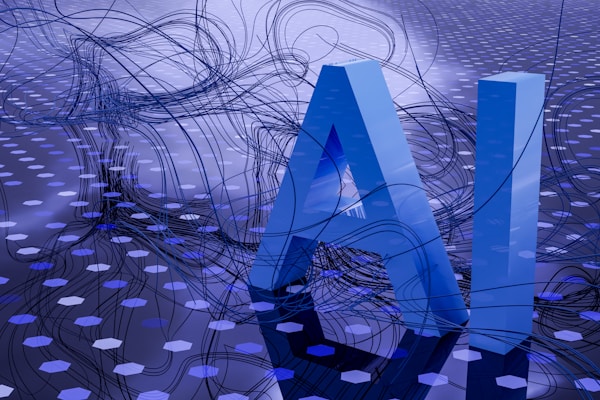Microsoft just dropped MAI-Voice-1 and MAI-1 preview - their first real attempt to stop being OpenAI's biggest customer. After years of throwing money at ChatGPT while getting treated like a reseller, someone at Microsoft finally did the math.
MAI-Voice-1 supposedly generates a minute of audio in under one second. ElevenLabs has been doing real-time voice synthesis for months, so this feels like catch-up. MAI-1 preview is their general-purpose model that powers new Copilot features. They're bundling both into Microsoft 365, which is either smart integration or desperate forced adoption.
Why This Took So Long
Microsoft dropped $13 billion on OpenAI and got treated like a customer, not a partner. OpenAI kept the best models for themselves, limited Microsoft's access to new features, and used Microsoft's money to build competing products. That's like funding your competitor and acting surprised when they compete with you.
Meanwhile, Google has Gemini, Meta has Llama, even Amazon built their own models. Microsoft was the only major cloud provider completely dependent on a third party for core AI. That's embarrassing for a company claiming to lead the AI revolution.
The breaking point probably came when OpenAI started competing directly for Microsoft's enterprise customers. Why pay Microsoft for ChatGPT integration when you can buy direct from OpenAI? Microsoft was paying to make themselves irrelevant.
What MAI-1 Actually Delivers
Microsoft claims MAI-1 is "competitive with GPT-4," which is corporate speak for "it's not better than GPT-4." Real performance data will come from developers actually using it, not Microsoft's marketing benchmarks.
The voice model sounds more interesting. Sub-second audio generation could work for real-time applications - customer service bots, live translation, accessibility features. If it doesn't sound like a robot having a stroke, Microsoft might have something useful.
But here's the reality: Microsoft is playing expensive catch-up. OpenAI has GPT-5 in development, Google's Gemini keeps improving, Meta's Llama models are open source and competitive. Microsoft is years late to building their own models.
The OpenAI Partnership Gets Awkward

This launch creates awkwardness with OpenAI. They're still "partners" on paper, but now they're competing for the same enterprise customers. Microsoft will keep licensing OpenAI models for legacy products while pushing their own alternatives for new features. It's like staying married while openly dating other people.
Expect OpenAI to restrict Microsoft's access to cutting-edge models. Why would Sam Altman give his biggest competitor early access to GPT-5 when Microsoft is building alternatives? The partnership was always going to implode once both companies had conflicting business interests.
The question is whether Microsoft's AI team can innovate faster than they could by licensing better OpenAI models. Building your own models means controlling your roadmap, but it also means taking responsibility when they hallucinate or fail.
Microsoft spent years letting OpenAI handle AI research while they focused on enterprise integration. Now they have to prove they can compete with the company they funded. That's expensive education.

